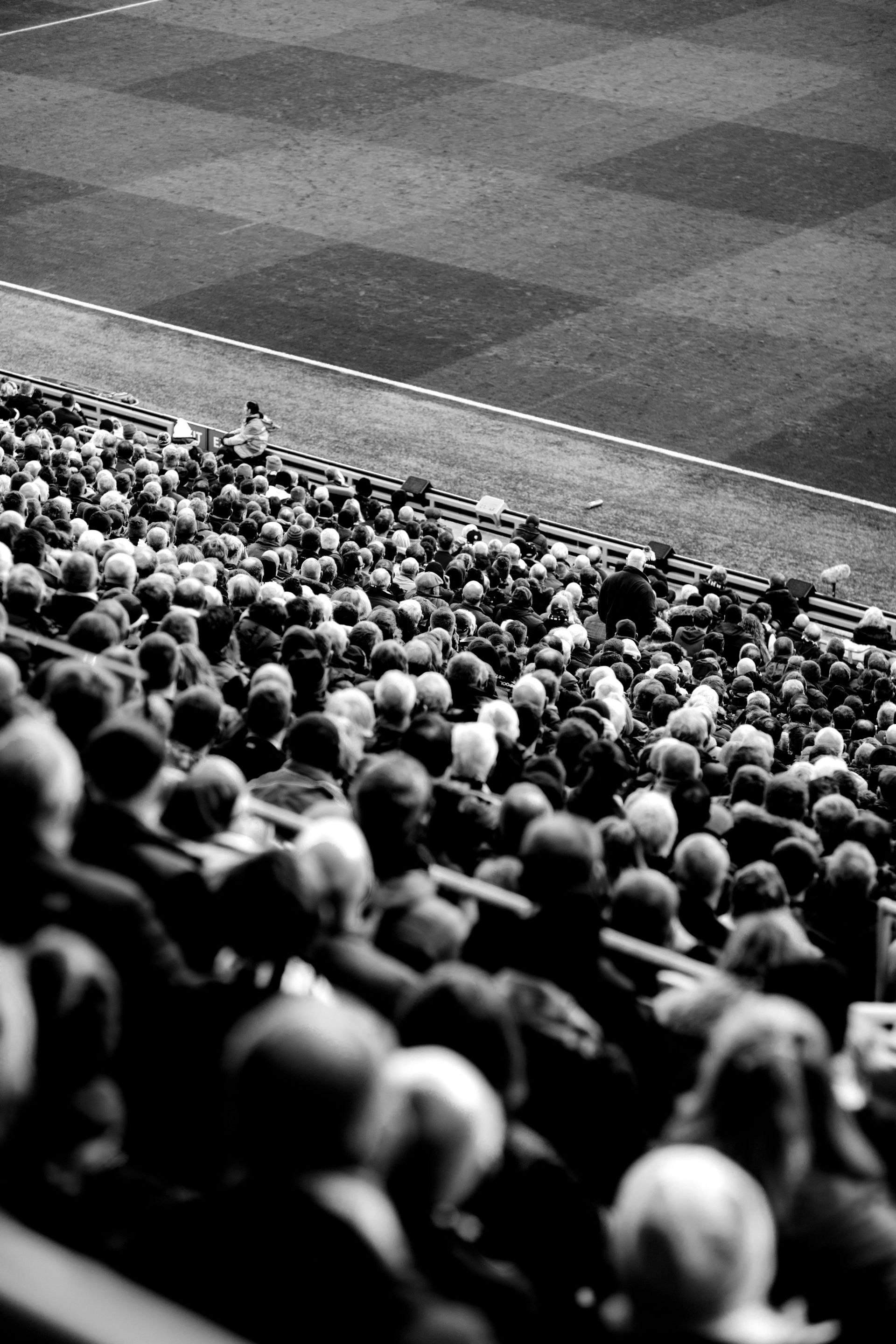RECLAIM THE GAME
A Fan Movement To Reshape Football's Future

17 Jan, 2024
In the present day, I find myself passionately immersed in the world of football, especially as a devoted Brøndby fan. The journey through the tumultuous waters of club ownership has been nothing short of riveting, with our beloved club at the center of it all. As the global football landscape evolves, so do the dynamics of club ownership. Across the world, fans are witnessing their cherished clubs being bought and sold like commodities. It's a phenomenon that's impacting clubs of all sizes, from the biggest giants to the smaller, community-rooted teams. Take, for instance, the rise of mega-investors and oligarchs who see football clubs as attractive assets. Clubs are no longer just about local pride; they're now part of international investment portfolios. It's a trend that raises concerns about the soul of the sport. Are these new owners driven by a genuine love for the game and its traditions, or are they solely motivated by financial gain? In Brøndby, the "Bevar Brøndby" movement took root in response to this very question. They saw their beloved club, with its rich history and deep community ties, facing a crossroads. The fear was that the unique identity that made Brøndby IF special would be diluted or lost altogether. But this story isn't unique to Denmark. Around the world, fans are grappling with the same uncertainties. From the Premier League in England to La Liga in Spain, fans are questioning whether their clubs can maintain their local roots, traditions, and values in the face of corporate ownership. The heart of the issue lies in the tension between passion and profit. Football is more than just a business; it's a way of life for fans like me. It's the chants in the stands, the emotions on matchday, and the shared history that spans generations. It's the feeling of belonging to something bigger than ourselves. While I may not be on the frontlines of the "Bevar Brøndby" movement, I am an ardent supporter of their cause. I understand the importance of preserving the unique spirit of our club and ensuring that it remains a source of pride for the community. As I follow the developments in the world of football ownership, I can't help but feel a sense of urgency. The battle to protect our clubs' identities is ongoing, and the outcome will shape the future of the sport we hold dear. Whether it's in Denmark or elsewhere in the world, one thing remains clear: fans like me will continue to stand up for what we believe in, defending the soul of football against the forces of commercialization. Preserving Football's Heart: Germany's Unique '50+1 Rule' in Club Ownership In Germany, the landscape of football club ownership stands apart from many other countries, primarily due to the "50+1 rule." This rule has become a defining feature of German football and plays a crucial role in preserving the connection between clubs and their supporters. The "50+1 rule" stipulates that the majority of voting rights within a football club must be owned by its members, which are typically the fans. In practical terms, this means that the club's members must retain at least 50% of the voting rights, plus one additional vote. This regulation ensures that fans have a significant say in how their club is run, even when external investors come into play. This unique approach to ownership has several key implications: Fan Influence: The "50+1 rule" places a strong emphasis on fan influence within German football clubs. Fans are often organized into supporter associations that have a direct say in club decisions, including board elections, financial matters, and significant strategic choices. This direct fan involvement helps maintain a strong bond between the club and its supporters. Preventing Takeovers: The rule acts as a safeguard against hostile takeovers and excessive external influence. While investors can inject capital into clubs, they cannot control the club's destiny entirely. This ensures that the club remains grounded in its local community and retains its unique identity. Financial Stability: Clubs in Germany are generally seen as more financially stable compared to those in countries where foreign ownership is more common. The "50+1 rule" discourages risky financial behavior, as fans and members are motivated to maintain the club's long-term health rather than seeking immediate profit. Competitive Balance: The rule contributes to a relatively balanced competitive landscape in German football. Clubs with substantial external investment must still adhere to the rule, which helps maintain a sense of fairness and competition within the league. However, it's essential to note that the "50+1 rule" isn't without its critics. Some argue that it limits the financial resources available to clubs, making it challenging to compete with European football giants in terms of transfer fees and player salaries. Still, many fans and stakeholders view this limitation as a necessary trade-off to preserve the soul of German football. In summary, Germany's "50+1 rule" is a testament to the country's commitment to maintaining the traditional connection between football clubs and their fans. It's a model that ensures fan influence, financial stability, and competitive balance while fending off excessive external ownership and the risks it may bring. As football ownership evolves globally, Germany remains a unique and intriguing example of how clubs can remain firmly rooted in their communities. By Rasmus Augustesen





